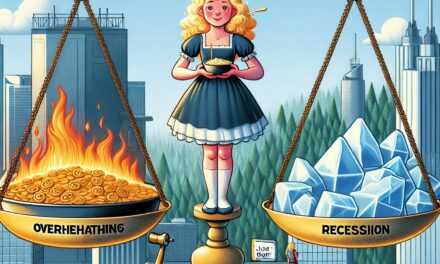China’s recent threat to restrict the production and export of rare-earth materials would be a “major escalation” of the trade war with the United States, according to Bridgewater Associates co-founder and hedge-fund billionaire Ray Dalio.
He mentioned the importance of these materials to the production of current technologies and other products in a recent blog post on LinkedIn.
“Refined rare metals are a critical import that American companies don’t produce and need to get from China to produce many needed products in the U.S. such as mobile phones, magnets, night vision glasses, gyroscopes in jets, LED lights, glass, and ceramics,” he wrote.
“I would view an increasing of export controls that are intended to shut down key areas as a major escalation of the ‘war.'”
According to a United States Geological survey, China has around 35% of the global reserves of rare earths, and produced about 70% of all rare earths in 2018. The U.S. reserves total a measly 1.4 million metric tons compared to China’s 44 million metric tons.
Dalio’s post came shortly after China hinted at cutting off supply of this key export through various state-run news outlets, including an editorial in China’s top Communist Party newspaper. These actions appear to be in direct retaliation of President Donald Trump’s recent ban on selling certain technologies to the Chinese tech giant Huawei, also banning the company from U.S. networks.
Dalio warns that history has shown how quickly these types of retaliatory negotiations can get out of hand in an excerpt from his LinkedIn post:
As someone in these negotiations wisely said, history shows that countries in conflict have seen that such conflicts can easily slip beyond their control and become terrible wars that all parties, including the leaders who got their countries into them, deeply regretted, so the parties in the negotiations should be careful that that doesn’t happen.
Right now we are seeing brinksmanship negotiations, so it is a risky time. It is widely believed that time is on China’s side so that it is in the U.S. interest to have any fight that’s going to occur happen earlier and in China’s interest to have it later. This is leading to the Trump administration’s pushing the limits. Worth keeping in mind is how Chinese and Americans fight wars differently (the Chinese more strategically by gaining relative strength and the Americans more by exchanging blows until one side gives up). While all of this enters into my thinking, what is now most important at this time of brinksmanship is seeing what actually happens next — i.e. whether we see the “tariff war” slip into an “export embargo war” intended to shut parts of the other country down.




